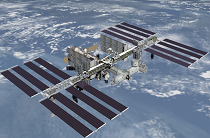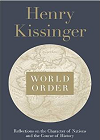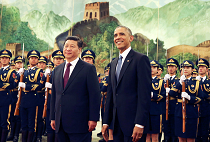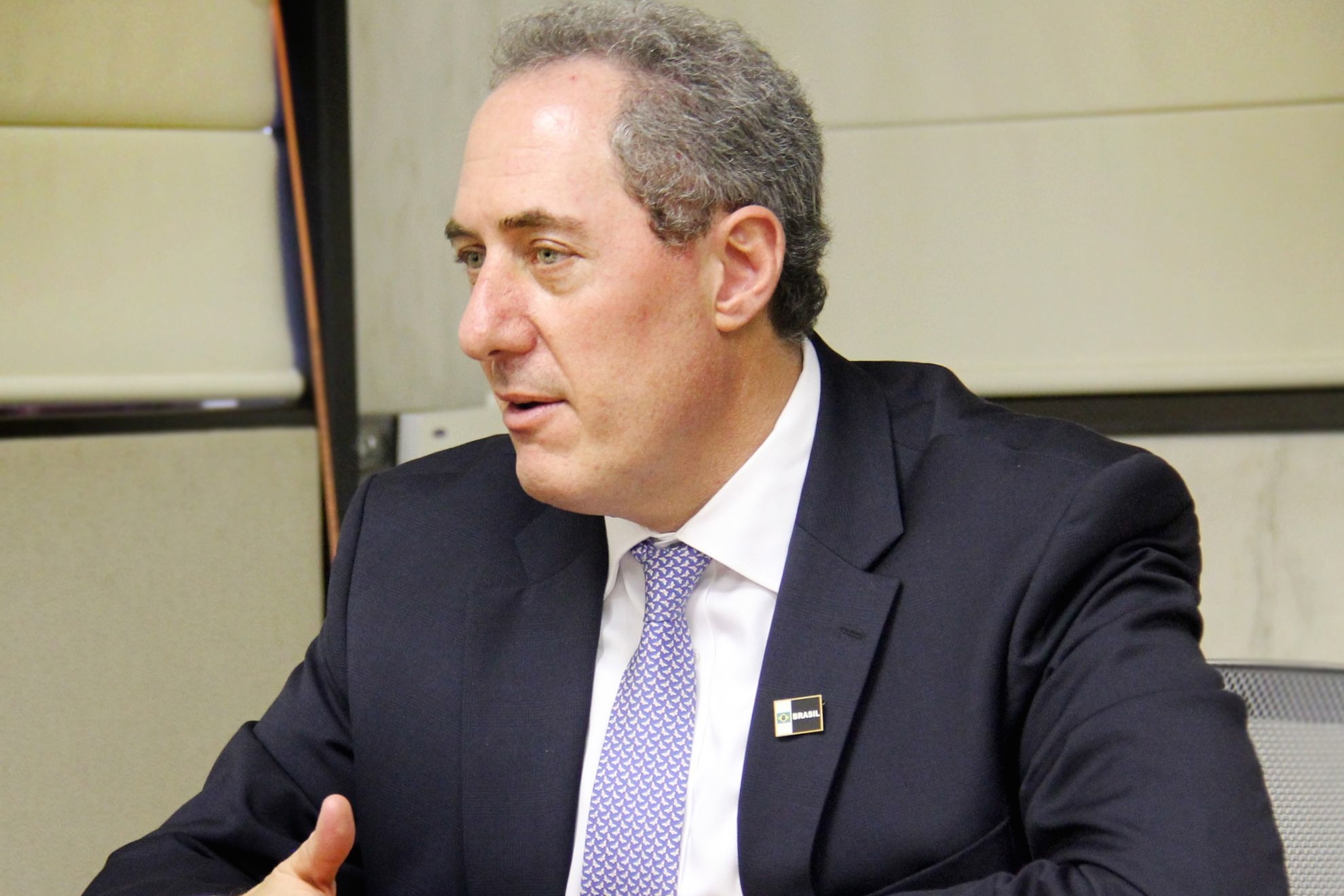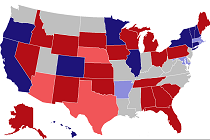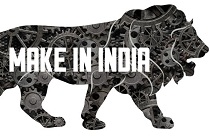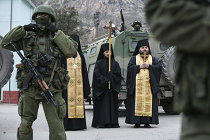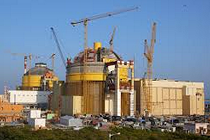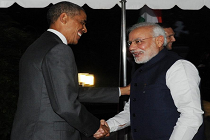A divided space again
Space exploration may take a hit as terrestrial politics plays spoilsport with the U.S. government spearheading a sanctions programme against Russia. With China pursuing an independent space programme of its own, Russia’s departure from the effort may mark the beginning of a divided space once again after the Cold War

